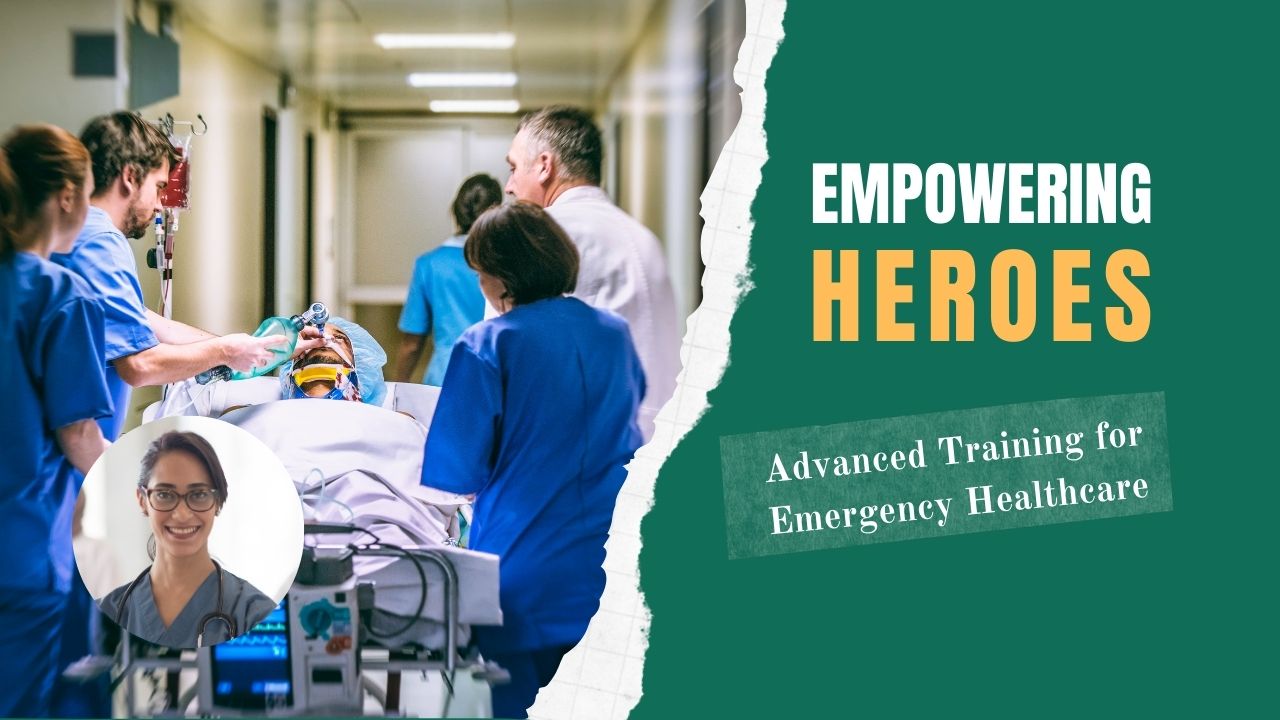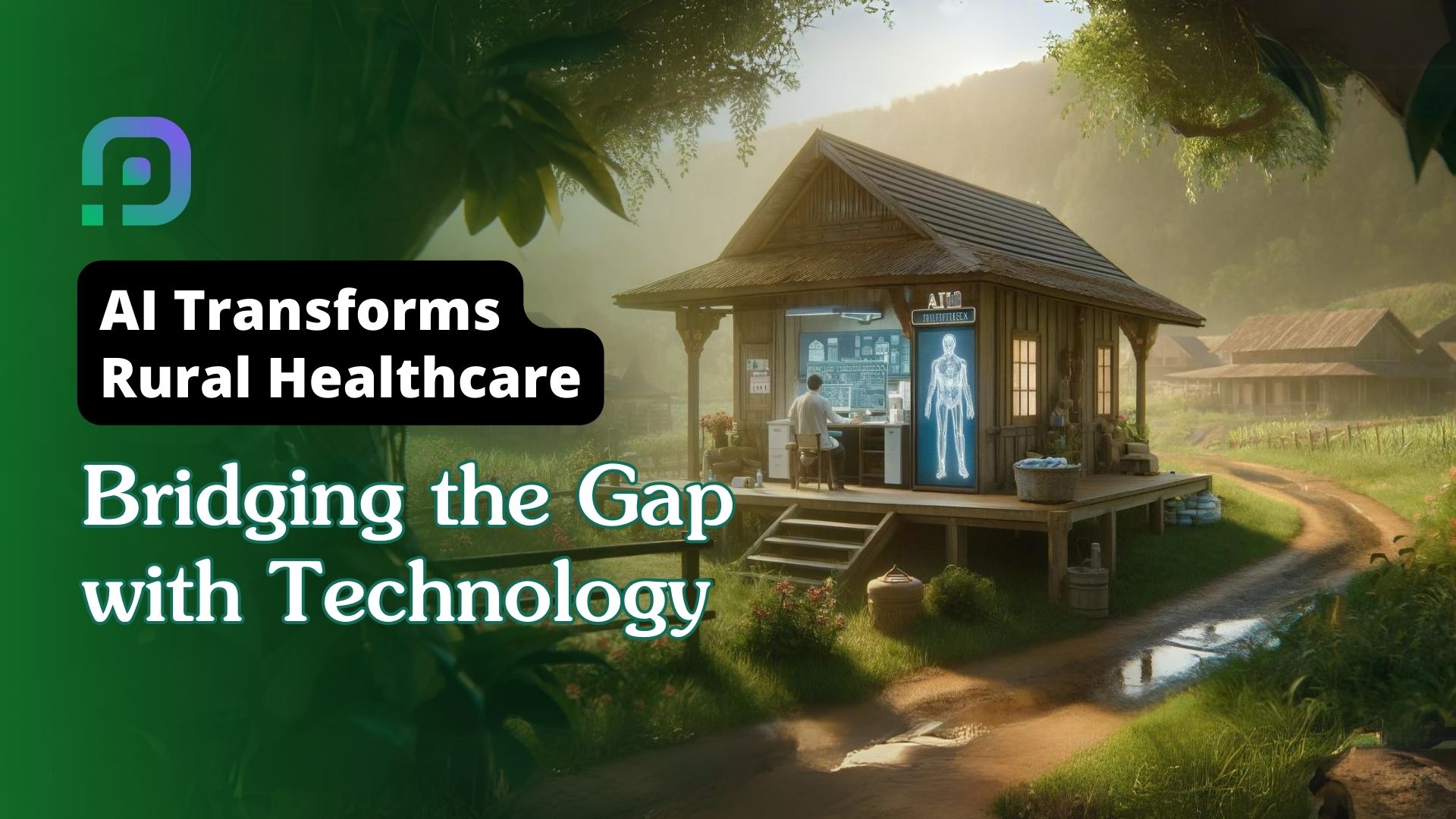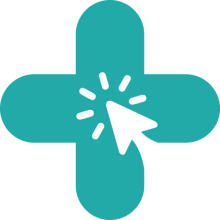Published - Mon, 25 Jul 2022

HYPONATREMIA
A condition that develops when the sodium level in the blood is too low. In this situation, the body retains an excessive amount of water. Because of this, the blood's salt levels are diluted and fall. A blood sodium level of 135 to 145 mEq/L is considered to be normal. When the blood's sodium level goes below 135 mEq/L, hyponatremia sets in.
a) True hyponatremia: Serum sodium concentration < 125 mEq/L and a serum osmolality < 250 mOsm/kg.
b) Pseudo-hyponatremia: Secondary to extreme hyperlipidemia, hyperproteinemia, or hyperglycemia. Although the sodium level in the body as a whole is unchanged, the serum sodium level falls.
CAUSES
1. Hypovolemic hyponatremia
a)Extrarenal losses: Hypovolemic hyponatremia as a result of extrarenal sodium loss, urinary sodium level < 20 mEq/L.
b) Renal losses: Hypovolemic hyponatremia as a result of renal sodium loss, the urinary sodium level > 20 mEq/L.
2. Euvolemic hyponatremia: Occurs as a result of an increase in total body water content; normal sodium levels are present. Euvolemic hyponatremia is brought on by hypothyroidism and the syndrome of inappropriate antidiuretic hormone.
3. Hypervolemic hyponatremia: Occurs with cirrhosis, congestive heart failure, renal failure, and nephrotic syndrome.
CLINICAL FEATURES
The influx of water into brain cells could result in:
—Apathy
—Altered consciousness
—Agitation
—Anorexia
—Coma
—Headaches
—Nausea
—Seizures
—Vomiting
—Weakness
DIFFERENTIAL DIAGNOSES: Includes pseudo hyponatremia, which can be caused by diabetic ketoacidosis and a hyperosmolar state (leading to hyperglycemia), multiple myeloma (leading to hyperproteinemia), or hypertriglyceridemia (leading to hyperlipidemia)
EVALUATION
a) Laboratory studies: Include a serum electrolyte panel (i.e., sodium, potassium, chloride, and bicarbonate); serum glucose, blood urea nitrogen [BUN], and creatinine levels; and urinalysis (to determine the urine sodium level and osmolality)
b) Electrocardiography: An electrocardiogram (ECG) should be obtained to evaluate for arrhythmia.
THERAPY
1. Fluid restriction or replacement
a) Hypervolemic and euvolemic hyponatremia usually result from hemodilution; When a patient is stable and asymptomatic, fluid restriction is the first course of treatment. Demeclocycline (600 to 1,200 mg/day) or furosemide can be used to treat the syndrome of inappropriate antidiuretic hormone-induced inhibition of water reabsorption.
b) Hypovolemic hyponatremia can usually be treated with isotonic saline.
2. Sodium replacement: Sodium deficits can be calculated as follows:
Na+ deficit (mEq) = 0.6 * (weight kg) * (140 - serum Na+)
a) If the hyponatremia is acute, is severe (i.e., the serum sodium level is less than 120 mEq/L), and results in CNS symptoms, administration of 3% (hypertonic) saline solution at 25 to 60 mL/hour is indicated.
—The serum sodium concentration should not increase at a rate that exceeds 2 mEq/hour.
—When sodium levels reach 120 mEq/L or the patient exhibits a significant clinical improvement, hypertonic saline should be stopped.
b) The rate of serum sodium correction should not exceed 0.5 mEq/L/hour (12 mEq/L/day) in individuals with persistent severe hyponatremia. 3 percent saline should be given if the hyponatremia is severe (i.e., serum sodium levels are less than 120 mEq/L) and develops quickly with CNS symptoms.
DISPOSITION
Admission: Symptomatic patients, with serum sodium concentration below 125 mEq/L (with or without symptoms), patients who require intravenous or pharmacologic correction of the sodium imbalance, and patients who have significant comorbid factors (e.g., diabetes, advanced age, sepsis).
Discharge: If the patient is being discharged, the case should be discussed with a primary care physician and a follow-up appointment should take place within 48 to 72 hours.
Created by
Rigomo Team
Rigomo is a leading online education platform that offers a wide range of courses to help individuals enhance their skills and achieve their career goals. With our user-friendly interface and expert instructors, we strive to provide high-quality education to everyone, anytime and anywhere. Join us today and take the first step towards a brighter future.
Rigomo is an e-learning platform that was founded in 2019 by a team of dedicated professionals with a passion for revolutionizing the way people learn. The platform offers a range of online courses that cover various industries, including business, technology, healthcare, and more.
Rigomo's courses are designed to be interactive and engaging, with a focus on practical skills that learners can apply in their careers. The platform uses a combination of video lectures, quizzes, and hands-on projects to help learners master the subject matter.
Rigomo is committed to providing affordable and accessible education to people around the world. The platform offers a range of pricing options, including monthly and annual subscriptions, as well as pay-as-you-go options for individual courses.
Since its launch, Rigomo has received numerous accolades for its innovative approach to e-learning. The platform has helped thousands of learners across the globe acquire new skills and advance their careers.
As Rigomo continues to grow, the team remains committed to providing high-quality education that is accessible to all. The platform is constantly updating its courses and features to ensure that learners have access to the latest tools and technologies.
Comments (0)
Search
Popular categories
Health and Wellness
231Skill Development
7Technology
5Community Impact
2Success story
2Creativity
1Latest blogs

DeepSchool: The Story of an Idea That Refused to Sit Still
Tue, 02 Dec 2025

Transforming Emergency Care: The Story Behind Rigomo's Revolutionary PPMMP Course
Sun, 12 May 2024

Empowering Rural Healthcare: How Pogiko's AI is Bridging the Gap in Medical Services
Thu, 25 Apr 2024

Write a public review